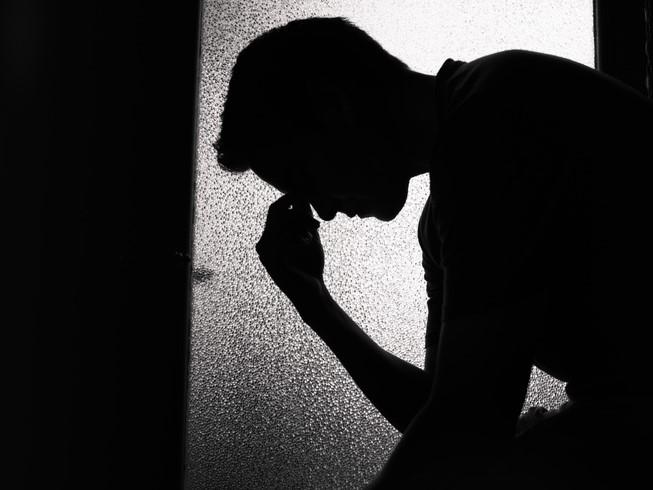
The sector’s mental health workers need help too

You may also like
Two things changed the direction of my personal and professional life in my early twenties: during my senior year in college, I survived a violent sexual assault, and three months after graduation I experienced homelessness. My family was not equipped to support me with either because they were struggling financially and had strong opinions regarding my queer identity. I was forced to navigate the sexual assault trauma on my own while still trying to earn my degree.
I had a women’s studies professor who noticed that there was something “off” with me and pointed me towards the resources I needed to heal emotionally. Yet I’ve never forgotten the feeling of being so lost and disempowered.
After graduating, I found myself sleeping in my car despite having two jobs and a degree. I felt like a failure and had no one to turn to and nowhere to go. A friend from many states away helped me find a place to sleep, weekly at first and then helped me establish stable housing. To this day, I don’t know what would have happened had my instructor and my friend not stepped in to tell me that they cared and that there was help available.
It’s why I became a crisis interventionist working with college and university students.
Unfortunately, the isolation of dealing with personal crisis is a feeling many students are all too familiar with. Not only are they suffering from depression and anxiety at higher rates, an August 2020 report released by the Centers for Disease Control and Prevention found that a disproportionate number of college-aged individuals had “seriously considered suicide” in the previous 30 days. The number of students receiving crisis support is rapidly rising, up 218 per cent from last year.
As mental health resources and organisations helping with basic needs, such as food or emergency shelter, grow further strained across the country, many students are lacking sufficient safety nets.
The responsibility of trying to help these students rests on the shoulders of mental health counsellors on campuses across the country. As a crisis interventionist at InsideTrack, I handle those cases that demand the greatest, most immediate attention and response.
Families and single parents are attending school and university while struggling with unemployment, piles of overdue bills and looming threats of eviction. Healthcare workers, afraid of bringing the virus home to their families, are draining their finances to live separately from their loved ones. A person’s documentation status or pending unemployment claims can further complicate their attempts to find assistance.
In these situations, we’ll often call local mutual aid collectives in the student’s area, reach out to churches and try to locate food banks and other resources. We’ll help students identify legal support or tenants’ rights organisations that can help.
In one recent case, we helped a student find food for their family. It took hours of phone calls to track down a Salvation Army worker who could deliver the food to the family’s rural home. In another case, we helped secure resources for a family that was falling behind on rent. The student and their family lived in Section Eight housing − a form of government rent assistance − and were worried about being removed from the programme. At the same time, an eviction moratorium meant that while they were not in immediate danger of losing their home, they also were not eligible for assistance through many agencies. It was a complicated process, and they needed someone to help.
These are the kinds of steps colleges and universities must be willing to take to help students survive, let alone succeed academically. Students have to know that they are being heard, and the help they receive has to be practical and actionable. Think of it as the difference between asking for help finding an item at the grocery store and being pointed in a general direction versus an employee walking you directly to what you’re looking for. Without addressing the specific emotional needs and safety needs of students, universities cannot expect them to prioritise their school work. You can’t solve a maths problem while your house is burning.
But I need support too. All mental health workers do. It can be harrowing work, and it takes a toll on one’s mental and physical well-being. Engaging so deeply with other people’s trauma is, in itself, traumatising. Compassion fatigue and vicarious trauma plague mental health workers, and burnout and mental exhaustion are distressingly prevalent within the profession.
Just as we have rallied around other front-line caregivers during this difficult time, we must endeavour to bolster the professionals working every day to close gaps in mental health services and support. Schools, colleges and universities − check on and support your mental health counsellors and all staff providing direct care to your students. Help us safeguard our own mental health while we make sure no student is lost or left behind. Help us take care of ourselves as we take care of our students.
Lula Torres is a Latinx/a first-generation college graduate and moved to the US with her family in 1984. She is crisis services manager at InsideTrack and is based in Tucson, Arizona.


